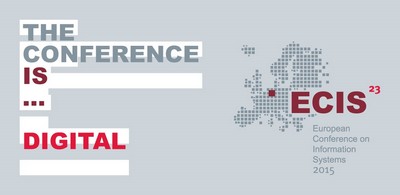DOI
10.18151/7217470
Abstract
Monetizing their users’ personal information instead of charging a fee has become an established revenue model for platform operators—a new form of media companies specialized in aggregating, managing, and distributing user-generated online content. However, the commodification of privacy leads to privacy concerns that might be a risk for such businesses. Thus, a new approach is to focus on consumers’ willingness to pay for privacy, assuming that monetizing privacy protection might be an alternative revenue model. Following the freemium idea, we developed an innovative research design, offering 553 online survey participants the opportunity to subscribe to a fictional premium version of Facebook with additional privacy control features in return for a monthly fee. Based on the theory of planned behavior, we developed and tested a research model to explain actual willingness to pay for privacy behavior. Our findings show that perceived usefulness and trust significantly affect willingness to pay. In contrast, perceived internet privacy risk was not found to have a significant influence. We thus conclude that consumers are willing to pay for privacy in the form of a privacy-freemium model, provided they perceive the premium version as offering added value and as trustworthy.
Recommended Citation
Schreiner, Michel and Hess, Thomas, "Why Are Consumers Willing to Pay for Privacy? An Application of the Privacy-freemium Model to Media Companies" (2015). ECIS 2015 Completed Research Papers. Paper 164.
ISBN 978-3-00-050284-2
https://aisel.aisnet.org/ecis2015_cr/164


